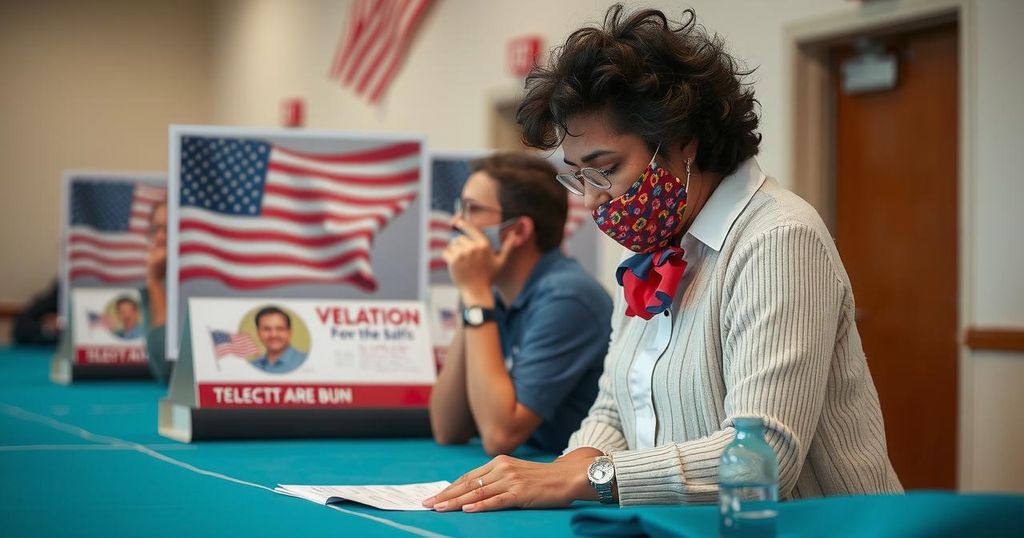Pennsylvania Election Officials Urge Reforms Amid Persistent Challenges
While Pennsylvania’s recent elections were successful, election officials warn that significant issues persist due to lingering political gridlock preventing necessary updates to the election law. High demands for mail-in voting have resulted in operational stress and voter frustrations, with long waits during peak request times. Compromise appears unlikely in the near future, raising fears about the stability of election processes.
Five years post-revision of Pennsylvania’s election law, officials warn that while the recent elections proceeded without major incidents, significant underlying issues remain unaddressed. Lehigh County’s Chief Clerk of Elections, Tim Benyo, highlighted the urgent need for modifications to the state’s election code, including an expanded timeframe for pre-canvassing mail-in ballots and an earlier voter registration deadline. Despite repeated requests from government officials, political gridlock has stalled crucial adjustments, contributing to a loss of experienced administrators and increasing the likelihood of operational problems during elections.
Benyo expressed his concerns about the sustainability of current practices, stating, “I do not know how long it is sustainable on the human side of it.” This situation arises despite financial investments to enhance election operations, such as funds allocated for upgraded voting machinery following the protracted counting of the 2020 election results. The push for higher efficiency has led to excessive overtime for the limited staff, compounding the pressures faced by election offices.
This year, high demand for mail-in ballots exacerbated existing challenges, resulting in long waits and increased frustrations among voters. Notably, the state’s voter registration database, SURE, became overwhelmed during peak usage, extending processing times significantly. Benyo indicated that addressing these concerns is essential, stating, “Everything gets condensed into those two weeks. It is just more stuff in a smaller window.”
Looking forward, tensions persist between partisan leaders over potential election reforms. Notably, a House bill aimed at allowing election officials to begin processing ballots earlier encountered obstacles in the Senate, highlighting the political divisions stalling progress. While some lawmakers see potential for compromise, the fear of recurring deadlock looms large, particularly amid the contentious issues of voter ID requirements and mail-in voting policies. Benyo remains dubious about any substantial improvements occurring before the 2025 elections, citing prior experiences with legislative inertia.
The article discusses the ongoing challenges faced by Pennsylvania’s election officials, particularly in Lehigh County, as they continue to struggle with outdated election code even five years after its revision. Although the recent election was conducted without major hiccups, persistent requests for necessary adjustments to improve efficiency and voter experience have been met with political resistance. The impact of these unresolved issues is felt in the form of staff burnout and voter discontent during periods of peak demand.
In summary, Pennsylvania’s election system showcases operational effectiveness but is impaired by a failure to implement essential reforms, reflecting a persistent political impasse. The potential for compromise exists, yet the likelihood of significant improvements before upcoming elections remains uncertain. Communication and cooperation between political factions will be crucial in addressing the systemic issues affecting election operations.
Original Source: www.lehighvalleynews.com




Post Comment